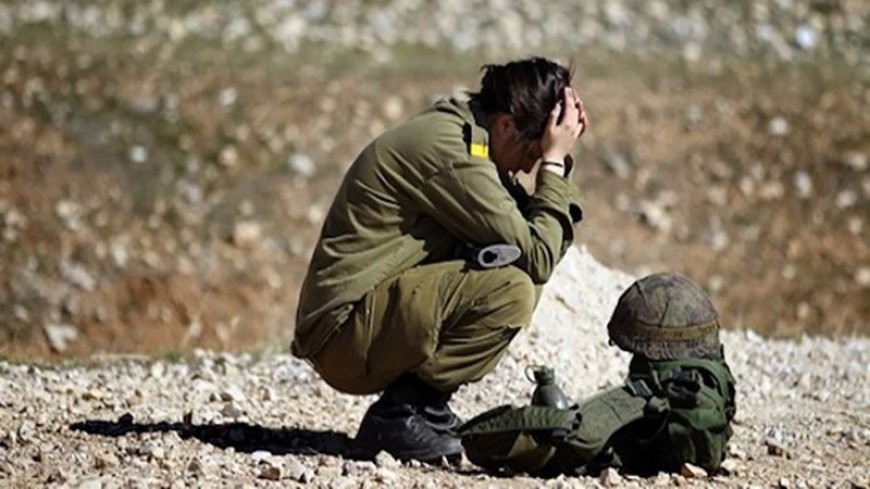The Israeli public is increasingly anxious as they await a potential retaliatory strike from Iran, following recent escalations in the region. The uncertainty surrounding when and how Tehran will respond to the killing of Ismail Haniyeh, the Head of the Political Office of Hamas, and Fuad Shukr, a senior Hezbollah commander, has heightened tension across Israel, with fears of a significant and unexpected attack looming large.
Iran’s representative to the United Nations has indicated that the response will come at a time and in a manner that will catch the Israeli administration off guard. This statement has only deepened the sense of unease within Israel, where the effects of the anticipated retaliation are being felt both materially and psychologically.
The Israeli media have reported that the anxiety among the populace is growing, with many drawing comparisons to the early days of the COVID-19 pandemic when fear and uncertainty gripped the nation. The streets in several Israeli cities are reportedly quieter than usual, as the public braces for what many believe is an inevitable retaliatory strike.
Adding to the stress, Israel's transportation infrastructure has been disrupted, with reports of ferry and airport delays, as well as confusion among passengers. Intelligence services are reportedly working around the clock to anticipate the nature, timing, and target of Iran's potential response, but so far, definitive information has remained elusive.
The situation has also exposed underlying vulnerabilities within Israel's security and economic sectors. The ongoing conflict in Gaza, coupled with actions by Yemen’s forces in the Red Sea and other strategic waterways, has further strained Israel's economy, leading to a period of economic instability. The blockade of Israeli ports via the Bab al-Mandab strait, a critical maritime route, has exacerbated these issues, with shipments being blocked until humanitarian aid is allowed into Gaza.
The broader context of these tensions includes ongoing international negotiations, particularly the talks in Doha aimed at achieving a ceasefire and exchanging hostages. While some analysts initially speculated that a successful outcome in these talks might temper Iran's response, the evidence suggests otherwise. Prime Minister Benjamin Netanyahu’s opposition to a ceasefire in Gaza appears to have further diminished the chances of an agreement, leading to a continuation of hostilities.
Netanyahu’s prioritization of military action over the return of Israeli hostages from Gaza has sparked widespread criticism. Reports indicate that several Israeli hostages have died as a result of continued Israeli military operations in the Gaza Strip, fueling public outrage and protests against the government. The Israeli Defense Forces (IDF) have so far been unable to secure the release of hostages, and the deaths of those held captive have intensified the public's dissatisfaction with Netanyahu’s approach.
As the situation continues to evolve, Israel remains on high alert, with the potential for Iranian retaliation adding to the already complex and volatile security landscape. The coming days and weeks will likely be critical in determining the course of events, both in Israel and across the broader region.














































